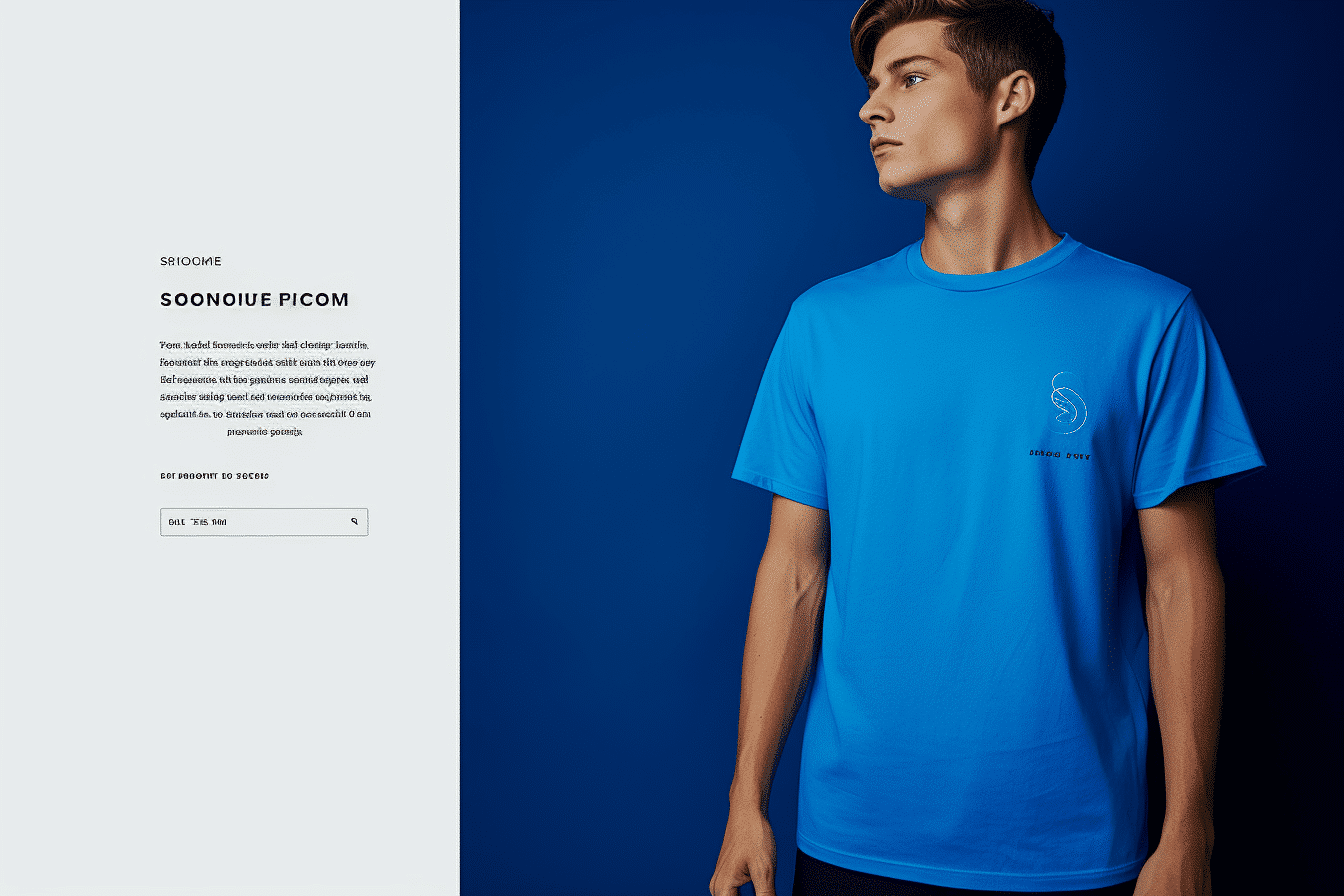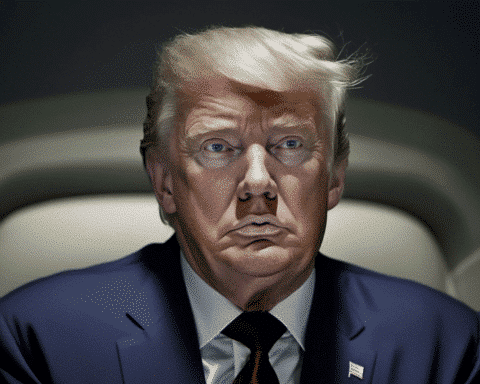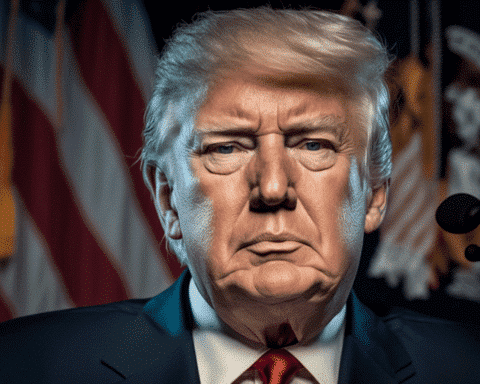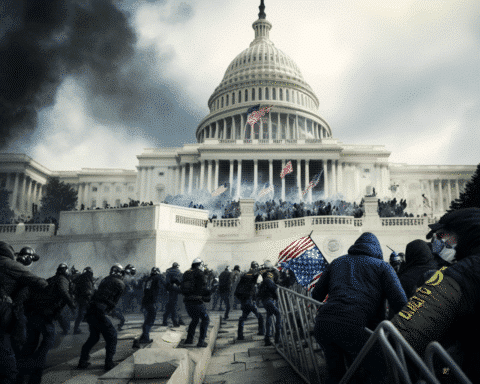In the labyrinth of legal disputes reaching the high echelons of the United States judiciary, a new case concerning freedom of speech and trademark law has emerged with a direct line to the former President, Donald Trump. The Supreme Court, on a pivotal Wednesday, hinted that it might side with the government over a Californian man’s attempt to trademark the controversial phrase “Trump too small.” This case represents yet another Trump-related issue deliberated by the nation’s highest court, following closely behind arguments linked to Trump and social media.
Steve Elster, the man at the center of the dispute, has hit a snag with the government over his intention to trademark the suggestive phrase for merchandise like T-shirts. Elster has challenged the denial of this trademark on the grounds of free speech, a stance that a federal appeals court has backed. However, during the Supreme Court proceedings, the justices seemed to lean towards a different perspective.
Chief Justice John Roberts, contemplating the aftermath of a decision in favour of Elster, remarked, “People then would race to trademark ‘Trump to this, Trump to that.’” This scenario underscored the potential floodgates that could open, altering the trademark landscape in ways that might invite rampant and possibly problematic claims.
Aligning with President Joe Biden’s administration, which ironically might face Trump as a rival in a future election, the Justice Department stressed that while Elster is at liberty to use the phrase “Trump too small,” the act of trademarking it without Trump’s consent crosses a legal line. “Trump too small” T-shirts are already in the online marketplace, as Justice Sonia Sotomayor noted, emphasizing Elster’s freedom to express and sell the merchandise.
Justice Amy Coney Barrett, a Trump appointee, brought a hypothetical that involved an author wanting to publish a book titled “Trump Too Small,” a narrative depicting Trump’s alleged pettiness. This illustrated the complexities the court must navigate when balancing intellectual property rights and free speech.
The Supreme Court’s recent history with trademarks includes striking down laws that refused trademarks considered scandalous, immoral, or disparaging. The present case, Vidal v. Elster, pivots on a specific provision that mandates refusing a trademark request involving a living individual’s name, portrait, or signature without their written consent.
The phrase “Trump too small” traces back to a tongue-in-cheek exchange during the 2016 presidential campaign between Senator Marco Rubio and Donald Trump, eventually leading to Trump defending his hand size at a televised debate, implying a correlation with his other attributes.
With the Supreme Court’s track record of engaging with various Trump-related cases, from election fraud claims to tax record disputes, this case adds another layer to the complex legal tapestry associated with the former president. The decision, anticipated by early summer, is yet another critical moment for the Supreme Court, which might also face a decision on whether Trump is eligible to run for the presidency again following the events of January 6, 2021.
The Supreme Court’s deliberation in the “Trump too small” trademark case not only underscores the ongoing judicial challenges tied to the former president but also illuminates the nuanced intersection of free speech, trademark law, and individual rights. As the nation awaits the court’s decision, the outcome will undoubtedly resonate beyond the courtroom, shaping the boundaries of political discourse and the commercialization of political figures.




